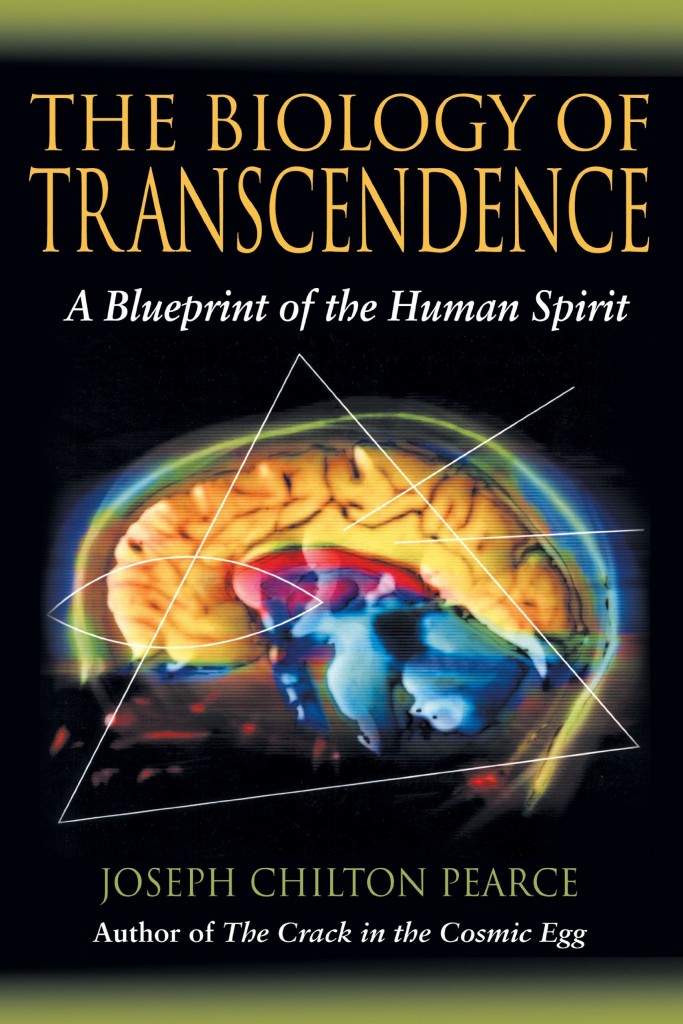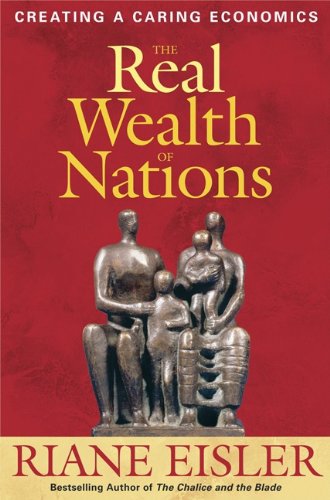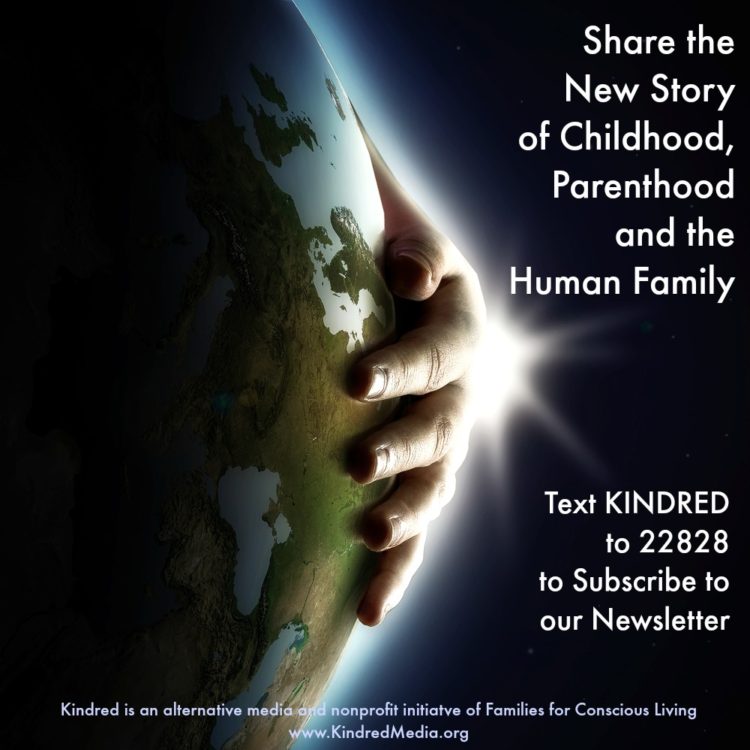The Bio-Cultural Conflict And The Rights Of Children
Robin Grille and Lisa Reagan at the Museum of Motherhood, NYC
Robin Grille talks about his Parenting for a Peaceful World USA Tour, seven cities in 12 days, outside of the Museum of Motherhood in New York City with Lisa Reagan, Kindred’s editor. In this interview, Robin shares his view that the Conscious Parenting Movement is also the Children’s Liberation Movement. You can read the Children’s Wellbeing Manifesto, written by Robin and Kindred’s founder, Kelly Wendorf, here.
Biological Imperatives and the Rights of Children
ARE AMERICANS GIVING UP THE BATTLE OF THE BIO-CULTURAL CONFLICT?
“How will adult homo sapiens discover and then meet the biologically necessary, primal needs of their offspring while living in a Dominator Culture whose patriarchal institutions and religions contemptuously reject feminine values of nurturing, collaboration, and community?”

Considering the impetus for the Conscious Parenting Movement above, it should come as no surprise that some Americans are giving up on parenthood. According to a new study, birth rates are at a 30 year low as many Americans are choosing to forego the unwinnable battle of what Joseph Chilton Pearce called the Bio-Cultural Conflict. Pearce pointed out in a dozen seminal works over four decades that Westerners are forced to choose between the Biological Imperative, fashioned by billions of years of evolution to move us individually and collectively toward optimal wholeness, and the Cultural Imperative demanded by a Dominator Culture of conformity to an unsustainable, inhuman system.
A deeper look into the core of this Bio-Cultural Conflict reveals a seed of self-doubt continually sowing confusion: why do we feel like we don’t belong here?
The answer is in the field of science tossed away by religions as completion for their own origin story of who we are: Evolution. We evolved in a place, with a place, with our relations, the rocks and streams and trees and animals of that place. Pre-conquest consciousness humans did not recognize property, as they were embedded in the life giving land around them. They were not and had never considered themselves separate from the earth. It was not a sentimental notion, that they were one with life; it was practical wisdom. If we were to take an Eastern screech owl out of the native trees it evolved alongside of for shelter and throw it into a desert environment, it would suffer, and potential die if it could not adapt to the foreign environment. If that species were homo sapiens, a human long-since separated from the place of its origin, it would suffer… but being a resourceful species, and one whose unique brain functioning creates stories… a homo sapien may, for survival purposes, adopt a story about how it was thrown out of the garden of Eden because it was “bad” and now needs to rely upon its betters – corporate raiders, conquistadors, enslavers with public relations departments – to tell it who it is and how to live… and here are some drugs for the pain of living this lie.
If the science of evolution were acknowledged as a framework and reference point for public policy, the basics required for optimal human development – safe birth, breastfeeding bonding, unbroken attachment to caregivers – would have manifested in the form of paid family leave, a safe maternal health system, breastfeeding promotion over formula, and support for new parents.
In America, new parents face these headline facts:
New Parents at Risk for Depression
Suicide is a Leading Cause of Death for New Moms
The US has the Worst Rate of Maternal Deaths in the Developed World
Will the emerging culture recognize the Biological Imperative of humans of all ages as a civil right? When we’re talking about paid parental leave, maternal mental health, obstetrical violence, and the risk of clinical depression for new parents, could there be language inserted to advocate for the rights of the young to be properly nurtured by a healthy and supported adult?
The Biological Imperative
In his book, The Biology of Transcendence: A Blueprint of the Human Spirit, Joseph Chilton Pearce explores: Why do we seem stuck in a culture of violence and injustice? How is it that we can recognize the transcendent ideal represented by figures such as Jesus, Lao-tzu, and many others who have walked among us and yet not seem to reach the same state?
 In The Biology of Transcendence, Pearce examines the current biological understanding of our neural organization to address how we can go beyond the limitations and constraints of our current capacities of body and mind — how we can transcend. Recent research in the neurosciences and neurocardiology identifies the four neural centers of our brain and indicates that a fifth such center is located in the heart. This research reveals that the evolutionary structure of our brain and its dynamic interactions with our heart are designed by nature to reach beyond our current evolutionary capacities. We are quite literally, made to transcend.
In The Biology of Transcendence, Pearce examines the current biological understanding of our neural organization to address how we can go beyond the limitations and constraints of our current capacities of body and mind — how we can transcend. Recent research in the neurosciences and neurocardiology identifies the four neural centers of our brain and indicates that a fifth such center is located in the heart. This research reveals that the evolutionary structure of our brain and its dynamic interactions with our heart are designed by nature to reach beyond our current evolutionary capacities. We are quite literally, made to transcend.
Pearce explores how this “biological imperative” drives our life into ever-greater realms of being–even as the “cultural imperative” of social conformity and behavior counters this genetic heritage, blocks our transcendent capacities, and breeds violence in all its forms. The conflict between religion and spirit is an important part of this struggle. But each of us may overthrow these cultural imperatives to reach “unconflicted behavior,” wherein heart and mind-brain resonate in synchronicity, opening us to levels of possibility beyond the ordinary.
Expanding on Pearce’s work, Michael Mendizza, president of Kindred World, author of Playful Wisdom, and founder of Touch the future, wrote for this article:
The innate and universal ‘intelligence of the heart,’ as Joseph Chilton Pearce would often say, asks, “Is it appropriate?”
Whereas, the intelligence of the predicting-controlling intellect asks only, “Is it possible?”
The evolving neocortex emerged from the physical and limbic centers of the nervous system. Once hatched, and stung with self-centered hubris, the images created by the exponentially-powerful upstart, lost touch with its source, imagining and then quite certain that IT was the source.
An insight is ever-so slowly emerging. What we identify and defend as our individual self-world-view, our self-image or ego, is a reciprocal and dynamic mirror of the collective-ego we call culture. Both emanate from the same abstracted image-making structures on the brain. Culture and self appear completely different. On close examination we discover that they are twin phantoms masquerading.
We are familiar with the, so called, mind-body split. The human body being nature herself in her latest of billions of years of evolving states of awareness, capacity and consciousness. The mind refers, again, to the abstracted, and therefore disembodied, mental images, that nature produced, which is one of her highest achievements. But, there is a fly spoiling the soup. Theoretical Physicist David Bohm, the man Einstein predicted would carry forward his works, describes:
“We don’t really understand the nature of our thought process; we’re not aware of how it works, how it’s disrupting, not only our society and our individual lives but also the way the brain and nervous system operate, making us unhealthy or perhaps even someway damaging the system. Krishnamurti recognizes that thought, rational, orderly, factual thought, such as in proper doing science, is valuable but the kind of thought that he has in mind is self-centered thought. At first sight one might wonder why self-centered thought is so bad. If the self were really there, then perhaps it would correct to center on the self because the self would be so important. But if the self is a kind of illusion, at least the self as we know it, then to center our thought on something illusory which is assumed to have supreme importance is going to disrupt the whole process and it will not only make thought about yourself wrong, it will make thought about everything wrong so that thought becomes a dangerous and destructive instrument.”
The conflict between the intelligence of the heart and egotistical culture was mythic way back in 300 BC. Storytellers describe the fall of man, being tossed out of the garden and the first or primary sin. Don’t get me wrong; imagination, symbols and metaphor are great tools, but not in the hands of the Sorcerer’s Apprentice, which is what David was referring to.
Physical appropriateness is grounded in the deep, personal and moment-by-moment renewing insight that we are nature, all of it. Emotional appropriateness is compassionate-empathy, beautifully summed by the Golden Rule, knowing that everything we do to nature we do to ourselves, that we reap what we sew. Mature intellectual, self-cultural appropriateness is firmly rooted in these two, primary and essential sources. With this nested hierarchy properly nurtured, which is where the whole show falls apart, the magnificent creative power of the newest evolutionary structures are compelled and can do nothing less than create heaven on earth. What else is there? Not nurtured, with our identity trapped in a disembodied phantom-images of self, projected as culture, and we find ourselves surrounded by Dr. Frankenstein in every size, color and variety imaginable.
This, Kindred’s rich and divers feast, centers on a number of Frankenstein’s masquerading and the bio-cultural conflicts that will remain until we, once again, firmly bound creative-intellect securely with its true source, the intelligence of the heart. But, to do that, we must nurture that intelligence, something technology, Facebook or the iPhone will never touch.
The Cultural Imperative
“Human Evolution is now at a crossroads. Stripped to its essentials, the central human task is how to organize society to promote the survival of our species and the development of our unique potentials. A partnership society offers us a viable alternative.” – Riane Eisler, The Chalice and The Blade: Our History, Our Future
 We tend to think of our culture as “just the way things are.” But, as Eisler points out, cultures change constantly. The issue is whether the change is surface change within the often unnamed assumptions of a domination system or transformative change that occurs at a systems level. Our time of massive dislocations is an opportunity for transformative change: change that will support a partnership system.
We tend to think of our culture as “just the way things are.” But, as Eisler points out, cultures change constantly. The issue is whether the change is surface change within the often unnamed assumptions of a domination system or transformative change that occurs at a systems level. Our time of massive dislocations is an opportunity for transformative change: change that will support a partnership system.The Chalice and The Blade
This book, hailed by Isabel Allende as “a magnificent book that can transform us,” by Ashley Montagu as “the most important book since Darwin’s Origin of Species,” and the LA Weekly as “the most significant work published in all our lifetimes,” first introduced Cultural Transformation Theory and changed the lives of millions of men and women world wide.
Sacred Pleasure
This book, hailed by the New York Times as “fascinating,” and by Gloria Steinem as “stunning, far-reaching, and practical,” traces the transformation of both sexuality and spirituality with the shift from partnership to domination – and offers us paths to a more fulfilling way of living and loving.
The Real Wealth of Nations
This book, hailed by Archbishop Desmond Tutu as “a template for the better world we have been so urgently seeking,” and by Publisher’s Weekly as “remarkably well referenced, well argued, insightful, and hopeful,” offers a roadmap to a new economics that combines the partnership elements of both capitalism and socialism, but goes further to a caring economics” that works for people and the planet.
Creating Sustainable Human Beings

In this interview with Darcia Narvaez, PhD, a firebrand for the conscious parenting movement and neuroscience researcher at the University of Notre Dame, listeners discover the connections between the infant neurobiology, the lack of cultural “morality” and the current ecological crises “created by disconnected, brain-damaged adults, a product of modern parenting practices and beliefs.” How do we heal ourselves and the cycle of damage that results in broken people, broken systems and a broken planet?
Narvaez says there should be a “warning” sounded to adults considering bringing children into the world and conscious parenting educational programs in place to prepare adults for the shocking lack of support they will face in a dominator culture whose “immoral” social and political codes refuse to support the evidenced-based needs of infants.
Read the transcript from this interview here.
Narvaez is one of Kindred’s most popular and passionate contributors. She is a new member of our international advisory board and a Professor in the Department of Psychology at the University of Notre Dame. Her recent book, Neurobiology and the Development of Human Morality: Evolution, Culture and Wisdom won the 2015 William James Book Award from the American Psychological Association. You can read her work on Kindred here.

